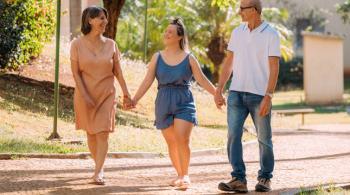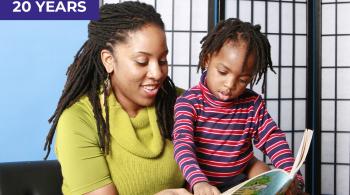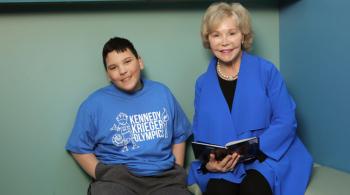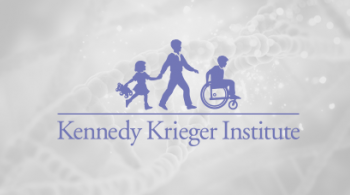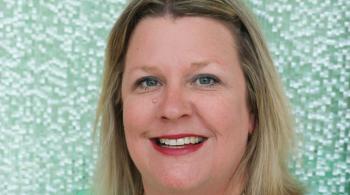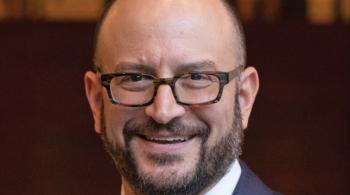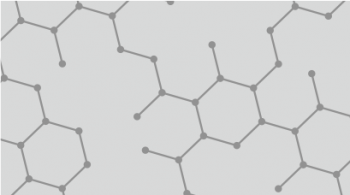Last October, the Maryland Center for Developmental Disabilities (MCDD) conducted a community stakeholder needs assessment, in preparation for the submission of its five-year plan to the Administration for Community Living. We were quite pleased to receive responses from 22 of Maryland’s 23 counties and Baltimore City. In all, we received 220 responses. The majority of respondents identified as being white, female, non-Hispanic/non-Latinx, and between the ages of 55 and 64.
The survey was sent to people with disabilities, educators, people who work with nonprofit organizations, parents/legal guardians/family members, parents with an intellectual disability, provider agencies and state agencies.
| Top three respondents: |
|
| Top three challenges or barriers for people with intellectual and developmental disabilities: |
|
| Top three strengths of the MCDD: |
|
| Top three areas the MCDD should focus on during the next five years: |
|
A similar survey was offered to Kennedy Krieger Institute faculty members, staff members and trainees. Internal needs assessment results were as follows:
| Top three strengths of the MCDD: |
|
| Top three areas the MCDD should focus on during the next five years: |
|
| Top three areas in which MCDD initiatives have helped respondents or people in respondents’ departments or programs: |
|
Finally, a shorter needs assessment was disseminated to attendees of the recent joint conference held by People On the Go Maryland and Project ACTION! DC. Together, the self-advocacy groups are celebrating 32 years of self-advocacy. The purpose of the conference was to discuss barriers, identify strategies and solutions, and increase advocacy. Following the virtual conference, participants each completed an evaluation and responded to needs assessment questions for the MCDD.
| Top three respondents: |
|
| Top three strengths in your community for individuals with intellectual and developmental disabilities: |
|
| Top three challenges or barriers for people with intellectual and developmental disabilities: |
|


